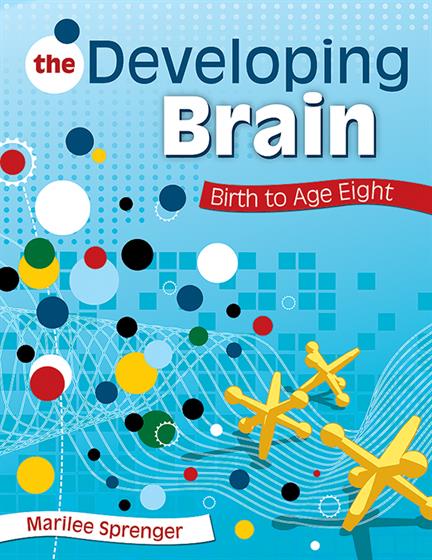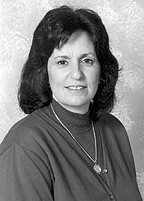Preface: You Don't Know Jack!
Acknowledgments
About the Author
Introduction
What Is Best Practice?
Brain-Compatible Teaching Principles
Early Childhood Practices
An Ounce of Prevention
About This Book
1. The Basic Biology of Brain Development
Brain Chemicals
Electroencephalograms
Windows of Opportunity
Experience Dependent and Experience Expectant
First Language
Second Language Learning
Motor Development
Memory Development
Music
Math
Emotion
Thinking About Brain Growth
2. Building the Brain Through Age Two
Brain Development
Language and Reading Development
Physical and Motor Development
Gross Motor Skills
Fine Motor Skills
Social and Emotional Development
Cognitive Development
Developmentally Appropriate Activities From Birth to Age Two
Reading and Language Development
Physical and Motor Development
Cognitive Development
3. The Three-Year-Old Brain
Brain Development
Language and Reading Development
Physical and Motor Development
Social and Emotional Development
Cognitive Development
Developmentally Appropriate Activities for Three-Year-Old Brains
For Language and Reading Development
For Physical and Motor Development
For Social and Emotional Development
For Cognitive Development
Child Development Checklist: Three-Year-Olds
4. The Four-Year-Old Brain
Brain Development
Language and Reading Development
Physical and Motor Development
Social and Emotional Development
Cognitive Development
Developmentally Appropriate Activities for Four-Year-Old Brains
For Language and Reading Development
For Physical and Motor Development
For Social and Emotional Development
For Cognitive Development
Child Development Checklist: Four-Year-Olds
5. The Five-Year-Old Brain
Scenario
Brain Development
Language and Reading Development
Physical and Motor Development
Social and Emotional Development
Cognitive Development
Developmentally Appropriate Activities for Five-Year-Old Brains
For Language and Reading Development
For Physical and Motor Development
For Social and Emotional Development
For Cognitive Development
Child Development Checklist: Five-Year-Olds
6. The Six-Year-Old Brain
Scenario
Brain Development
Language and Reading Development
Physical and Motor Development
Social and Emotional Development
Cognitive Development
Developmentally Appropriate Activities for Six-Year-Old Brains
For Language and Reading Development
For Physical and Motor Development
For Social and Emotional Development
For Cognitive Development
Child Development Checklist: Six-Year-Olds
7. The Seven-Year-Old Brain
Scenario
Brain Development
Language and Reading Development
Physical and Motor Development
Social and Emotional Development
Cognitive Development
Developmentally Appropriate Activities for Seven-Year-Old Brains
For Language and Reading Development
For Physical and Motor Development
For Social and Emotional Development
For Cognitive Development
Child Development Checklist: Seven-Year-Olds
8. The Eight-Year-Old Brain
Brain Development
Language and Reading Development
Physical and Motor Development
Social and Emotional Development
Cognitive Development
Developmentally Appropriate Activities for Eight-Year-Old Brains
For Language and Reading Development
For Physical and Motor Development
For Social and Emotional Development
For Cognitive Development
Child Development Checklist: Eight-Years-Old
Bibliography
Index



